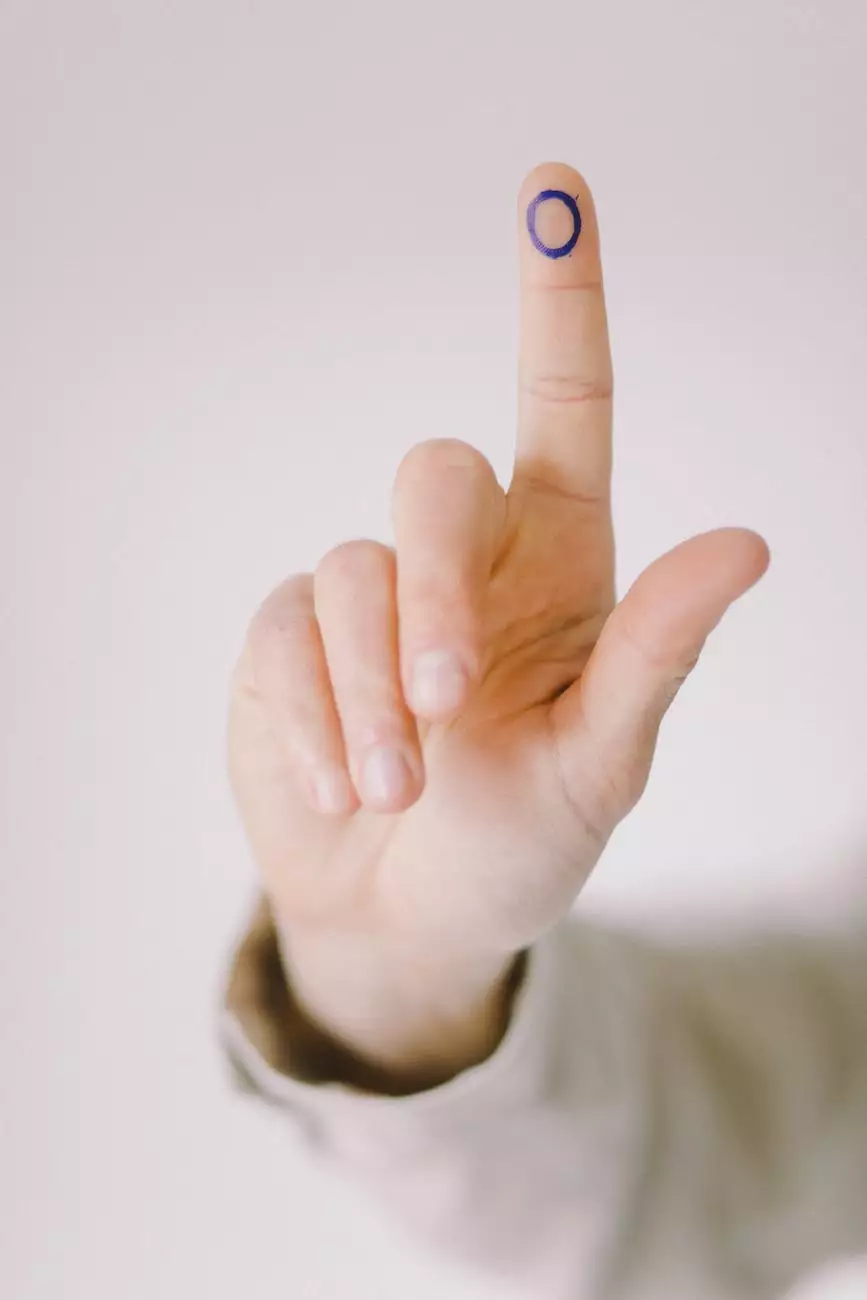What is that buzzing and ringing in my ears?
Men's Health
Welcome to Bowling Orthopaedics, your trusted source for comprehensive information on various health topics. In this article, we will dive into the topic of buzzing and ringing in the ears, also known as tinnitus. If you've ever experienced these bothersome sounds, you're not alone. Tinnitus affects millions of people worldwide. Let's explore the causes, symptoms, and treatments for this condition.
The Causes of Tinnitus
Tinnitus can have various underlying causes, making it crucial to identify the specific triggers to ensure appropriate treatment. Some common causes include:
- Noise-Induced Hearing Loss: Prolonged exposure to excessive noise, such as loud music or machinery, can damage the delicate structures of the ear, leading to tinnitus.
- Age-Related Hearing Loss: As we age, changes in our auditory system can contribute to the development of tinnitus.
- Earwax Blockage: Accumulation of earwax can block the ear canal, causing tinnitus symptoms.
- Ototoxic Medications: Certain medications, such as high doses of aspirin, antibiotics, or chemotherapy drugs, can trigger tinnitus as a side effect.
- Head and Neck Injuries: Traumatic head or neck injuries can result in damage to the auditory system, leading to tinnitus.
- Underlying Medical Conditions: Medical conditions like hypertension, cardiovascular disease, and temporomandibular joint disorders (TMJ) can contribute to tinnitus.
Recognizing the Symptoms
Tinnitus manifests differently for each individual, but some common symptoms include:
- Perception of buzzing, ringing, hissing, or humming sounds in the ears
- Persistent or intermittent nature of the sounds
- Difficulty focusing, sleeping, or concentrating
- Increased stress levels or anxiety
- Impact on overall quality of life
Treatment Options
While tinnitus currently lacks a definitive cure, there are several treatment options available to manage the symptoms effectively. These options include:
- Hearing Aids: If hearing loss accompanies tinnitus, using hearing aids can help amplify external sounds, reducing the sensation of tinnitus.
- Sound Therapy: Background noise, such as white noise or nature sounds, can alleviate the perception of tinnitus by diverting attention away from the internal sounds.
- Tinnitus Retraining Therapy (TRT): TRT aims to retrain the brain's response to tinnitus, making it less noticeable and bothersome over time.
- Cognitive Behavioral Therapy (CBT): CBT techniques help individuals change their emotional and behavioral response to tinnitus, reducing its impact on their daily lives.
- Medications: Certain medications may be prescribed to alleviate associated symptoms, such as anxiety or insomnia, which can worsen tinnitus.
- Lifestyle Changes: Adopting a healthy lifestyle by managing stress levels, avoiding loud noises, and reducing caffeine and alcohol consumption can contribute to better tinnitus management.
When to Seek Medical Help
Tinnitus is often a benign condition; however, it's essential to consult a healthcare professional if you experience any of the following scenarios:
- Sudden onset of tinnitus without an apparent cause
- Tinnitus accompanied by dizziness, vertigo, or balance issues
- Tinnitus worsening over time, significantly impacting your quality of life
- Tinnitus occurring after a head or neck injury
Remember, seeking professional medical advice is crucial to receive an accurate diagnosis and appropriate treatment plan tailored to your individual needs.
Conclusion
Bowling Orthopaedics hopes that this comprehensive guide has provided valuable insights into the topic of buzzing and ringing ears. Understanding the causes, recognizing the symptoms, and exploring various treatment options can empower individuals suffering from tinnitus to manage their condition effectively. Remember, always consult with healthcare professionals to receive personalized advice and guidance regarding your specific situation.










